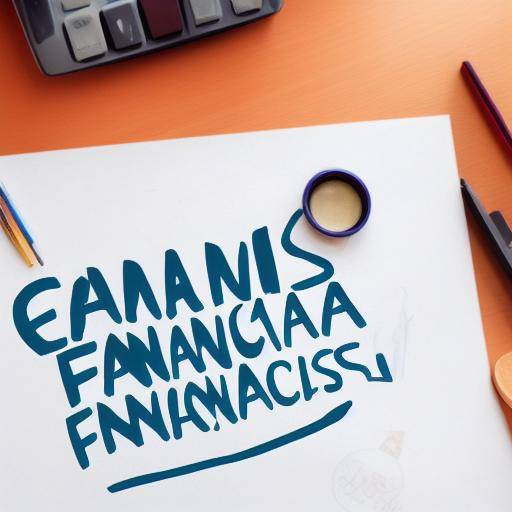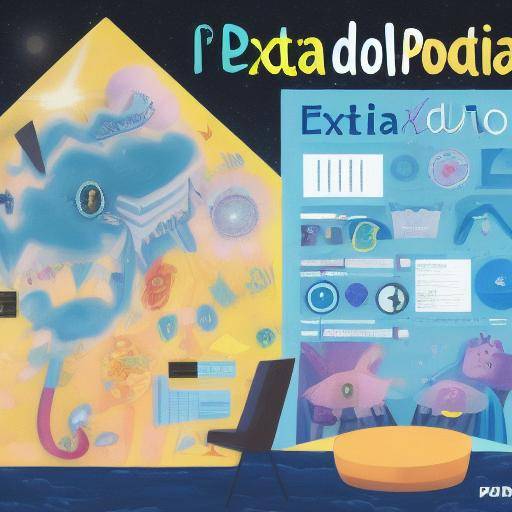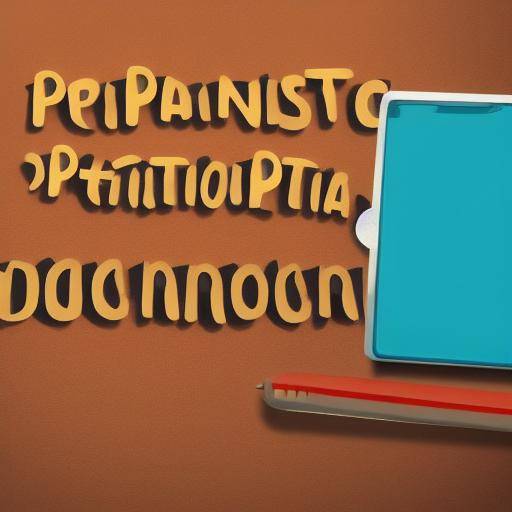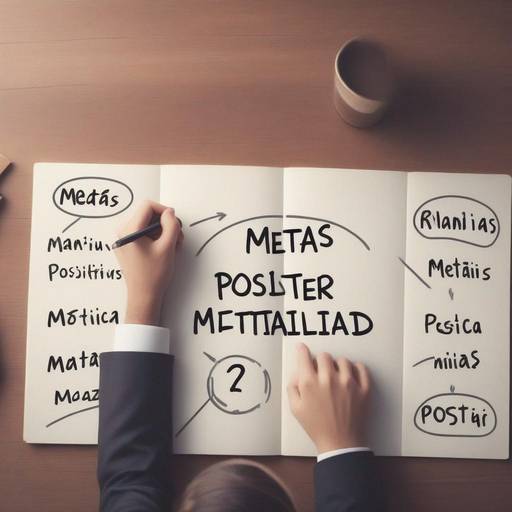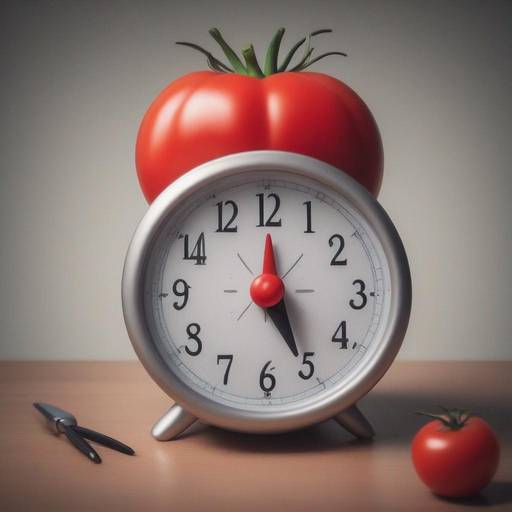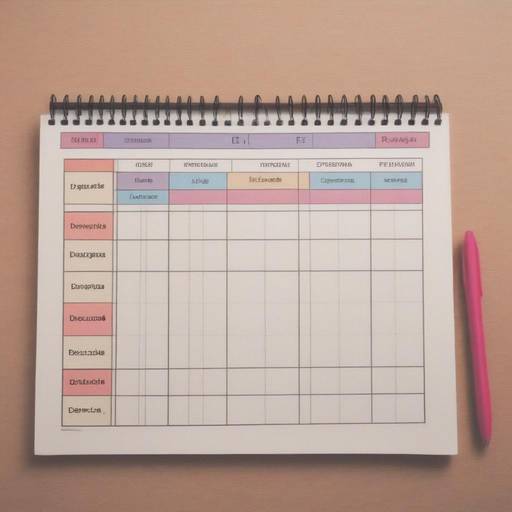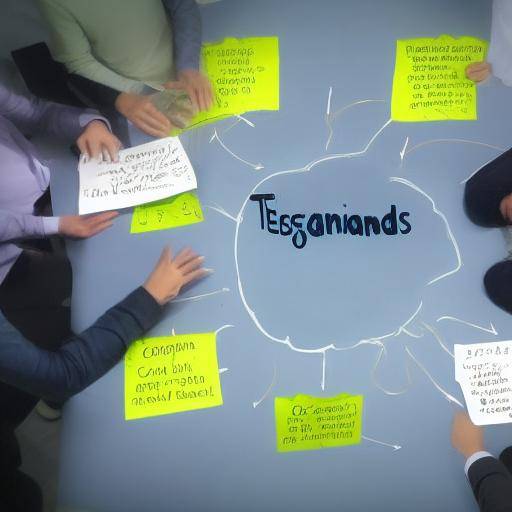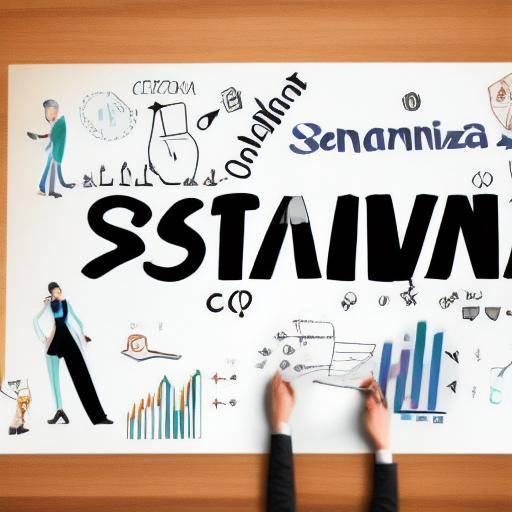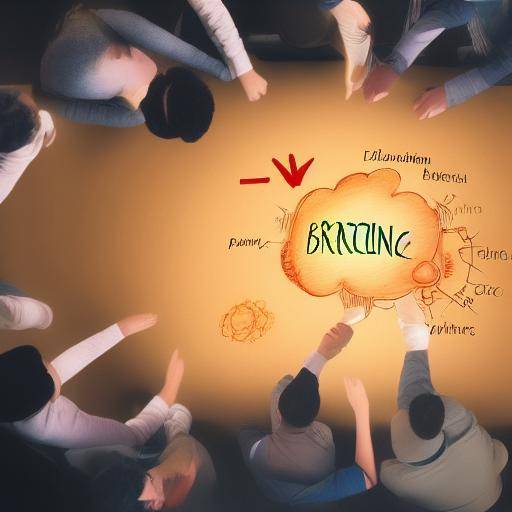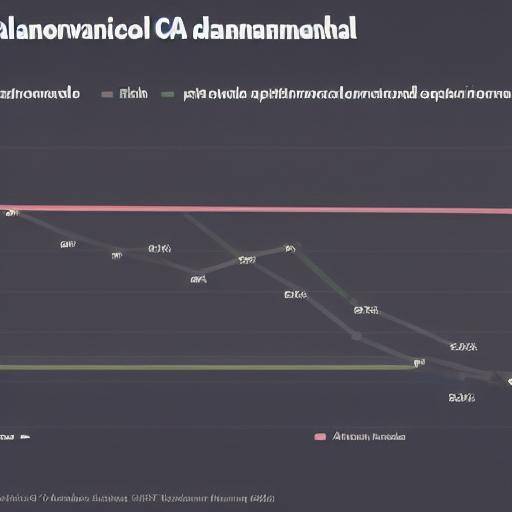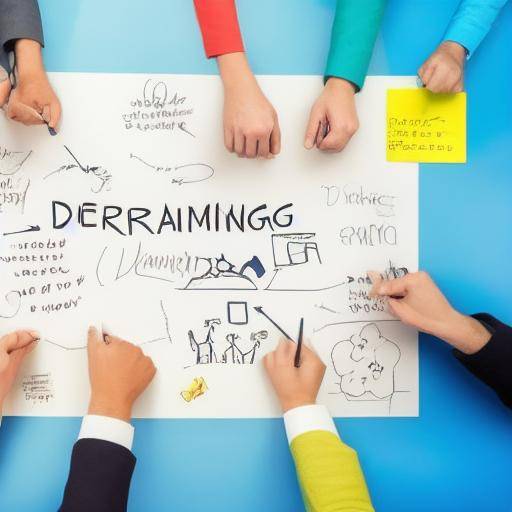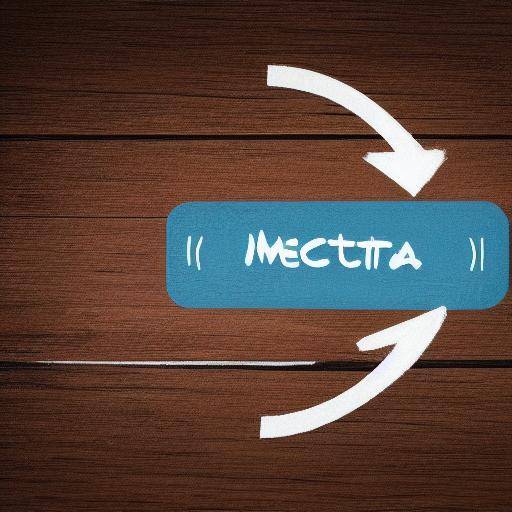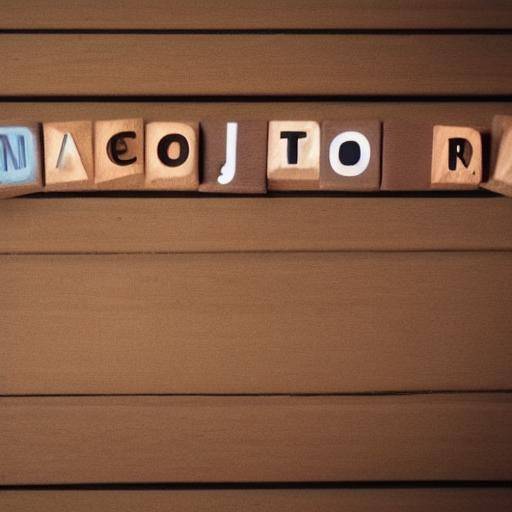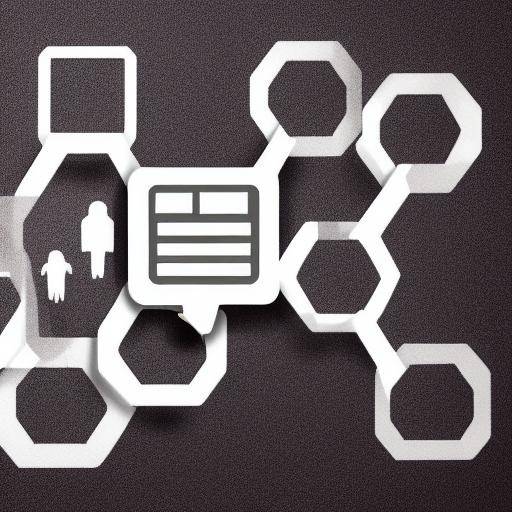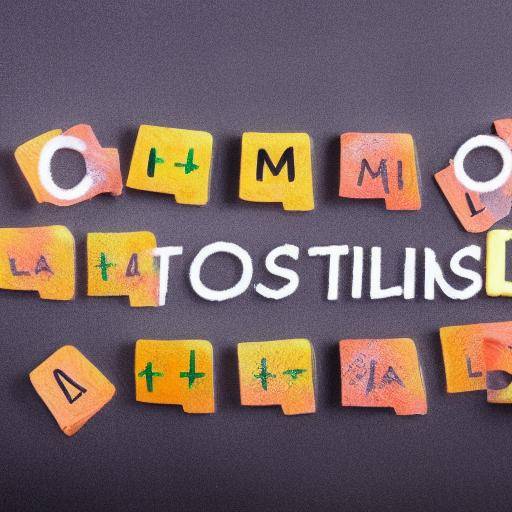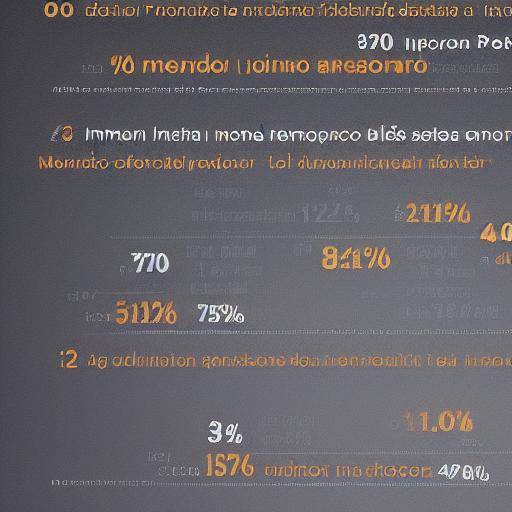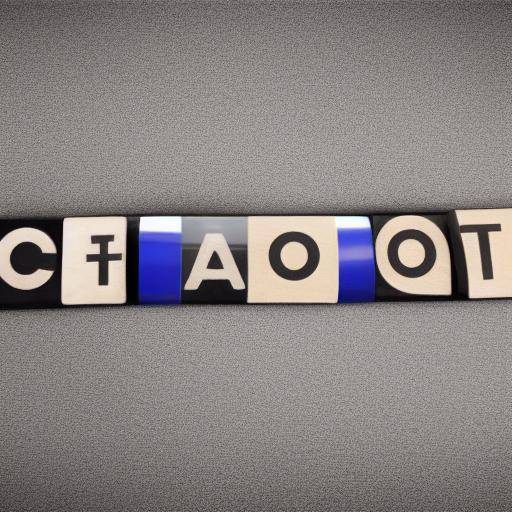
Introduction
Self-control, effective decision-making and planning are fundamental elements in the personal and professional life of all people. The ability to control our emotions and actions, make informed decisions, and plan strategically are essential aspects to achieve success. In this article, we will explore in depth the impact of self-control on effective decision-making and how planning can enhance this process. We will discover practical tools, strategies and tips to improve these skills, as well as their relevance in different fields. Join us on this journey towards a greater dominance of our decisions and the development of a more efficient and proactive mentality.
History and Background
Decision-making has been a topic of interest for philosophers, psychologists and management experts since time immemorial. Throughout history, various philosophical tendencies and psychological theories have addressed the complexity of this process. From ancient Greece with Socrates and its method of Maya dialogue, to contemporary advances in neuroscience and behavioral economy, decision-making has been the subject of study and reflection.
In the timeline of decision-making, crucial moments stand out, such as the emergence of Herbert Simon's limited rationality theory in the 1950s, which suggested that individuals make decisions based on available information and their own cognitive limitations. The development of the behavioral economy, with figures like Daniel Kahneman and Amos Tversky, revolutionized the understanding of how people make decisions in situations of uncertainty and risk. These milestones have laid the groundwork to better understand decision-making and its relationship with self-control and planning.
Analysis in Deep
In everyday life, the ability to control our impulses, emotions and reactions is essential to make effective decisions. Self-control allows us to assess situations more rationally, resist the temptation to make hasty decisions and keep the focus on our long-term goals. Research in psychology has shown that self-control is a limited resource that runs out over time, that is, the more we use it, the less effective it becomes. However, various strategies, such as proactive planning, environment management and habit-making, can help preserve and strengthen our self-control.
In the workplace, self-control is a determining factor in strategic decision-making and efficient management of time and resources. Leaders and professionals with a high degree of self-control tend to make more weighted decisions, resisting external pressure and avoiding impulsive responses to conflicting situations. This capacity allows them to remain calm in challenging environments and lead with a clear and coherent approach.
Comprehensive review
In the field of psychology and neuroscience, techniques and tools have been developed to strengthen self-control and improve decision-making. Mindfulness meditation, for example, has proven to be effective in enhancing self-regulation and reducing emotional reactivity. In addition, strategic planning, both individually and organizationally, plays a crucial role in improving the decision-making process. Setting clear goals, evaluating alternatives and anticipating potential obstacles are key aspects of good planning that directly influence the quality of our decisions.
In addition, conceptual models and frameworks have been developed, such as the evidence-based decision-making approach, which promote objectivity and consideration of different scenarios before making a decision. The implementation of these methodologies requires a high degree of self-control and the ability to plan strategically.
Comparative analysis
The relationship between self-control, decision-making and planning is evident. Self-control helps us to avoid impulsive decisions or emotions of the moment, allowing us to have a clearer view of the general panorama. On the other hand, planning provides us with the necessary structure to carefully evaluate options and make informed and coherent decisions. While self-control enables us to resist distractions and keep the focus on our objectives, planning gives us a road map to effectively achieve them.
Practical Tips and Accessible Tips
- Know your triggers: Identifying situations that trigger loss of self-control will allow you to anticipate and better manage your responses.
- Sets clear and attainable goals: Effective planning begins with the establishment of realistic and well-defined goals. Define what you want to achieve and create a detailed plan to achieve it.
- Practice evidence-based decision-making: Collect relevant information and consider different scenarios before making an important decision.
- Implement strategic pauses: Taking a time to reflect before making a decision allows you to evaluate the options more objectively.
- Develop habits that strengthen your self-control: The construction of healthy habits, such as meditation, regular exercise and a balanced diet, contributes to strengthening self-control.
- Use planning tools: Support tools such as Gantt diagram, task lists or prioritization matrices to plan effectively.
Conclusions and FAQs
In conclusion, self-control and planning are fundamental to effective decision-making in all aspects of life. Developing these skills not only contributes to the improvement of our decision-making, but also allows us to face the challenges with greater clarity and determination.
FAQs
**How can I improve my ability to self-control in decision-making?**Self-control can be strengthened through the practice of full care, the establishment of realistic goals and the development of healthy habits.
**What role does planning play in long-term decision-making?**Long-term planning provides clear direction and helps to anticipate obstacles, allowing for more informed and consistent decisions with established objectives.
**Is it possible to improve organizational decision-making through self-control and planning?**Yes, the implementation of strategies that promote self-control and planning in organizations can positively impact decision-making, productivity and the achievement of goals.
**What are some effective strategies to implement evidence-based decision-making?**The collection of relevant data, the consideration of different scenarios and the objective evaluation of options are key strategies for evidence-based decision-making.
**What is the impact of self-control on decision-making in pressure situations?**Self-control allows to resist pressure and make more balanced decisions, considering short- and long-term consequences, even in high-pressure situations.
**What practical advice can I follow to strengthen my planning and decision-making capacity?**Establish clear goals, implement strategic pauses and develop habits that strengthen self-control are practical tips that help improve planning and decision-making capacity.
In short, self-control and planning are fundamental pillars for effective decision-making in all areas of life. Acquiring and strengthening these skills not only improves the quality of our decisions, but also positively impacts our ability to achieve our goals successfully. Measuring, setting clear goals, strategic planning and using evidence-based decision-making tools are just some of the resources that can enhance these skills and have a positive impact on our personal and professional lives.
Conclusion
Self-control, effective decision-making and planning are essential components that directly influence our ability to achieve success and face challenges with determination and clarity. Developing these skills requires practice, focus and commitment, but the benefits they bring to our lives are significant. By implementing strategies and practical tips to optimize self-control, decision-making and planning, we are increasingly approaching our best version, able to address challenges with greater confidence and effectiveness.




